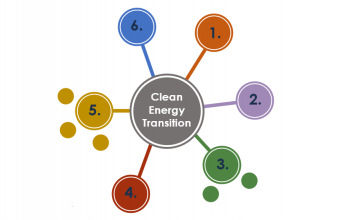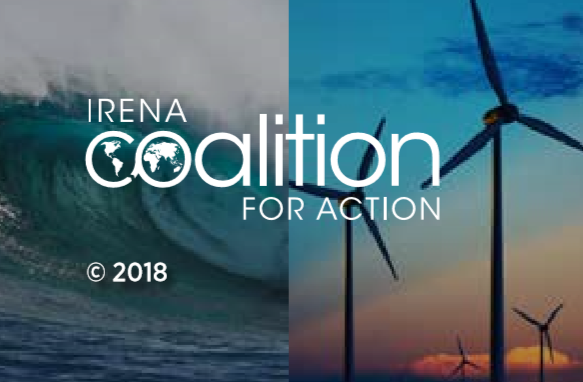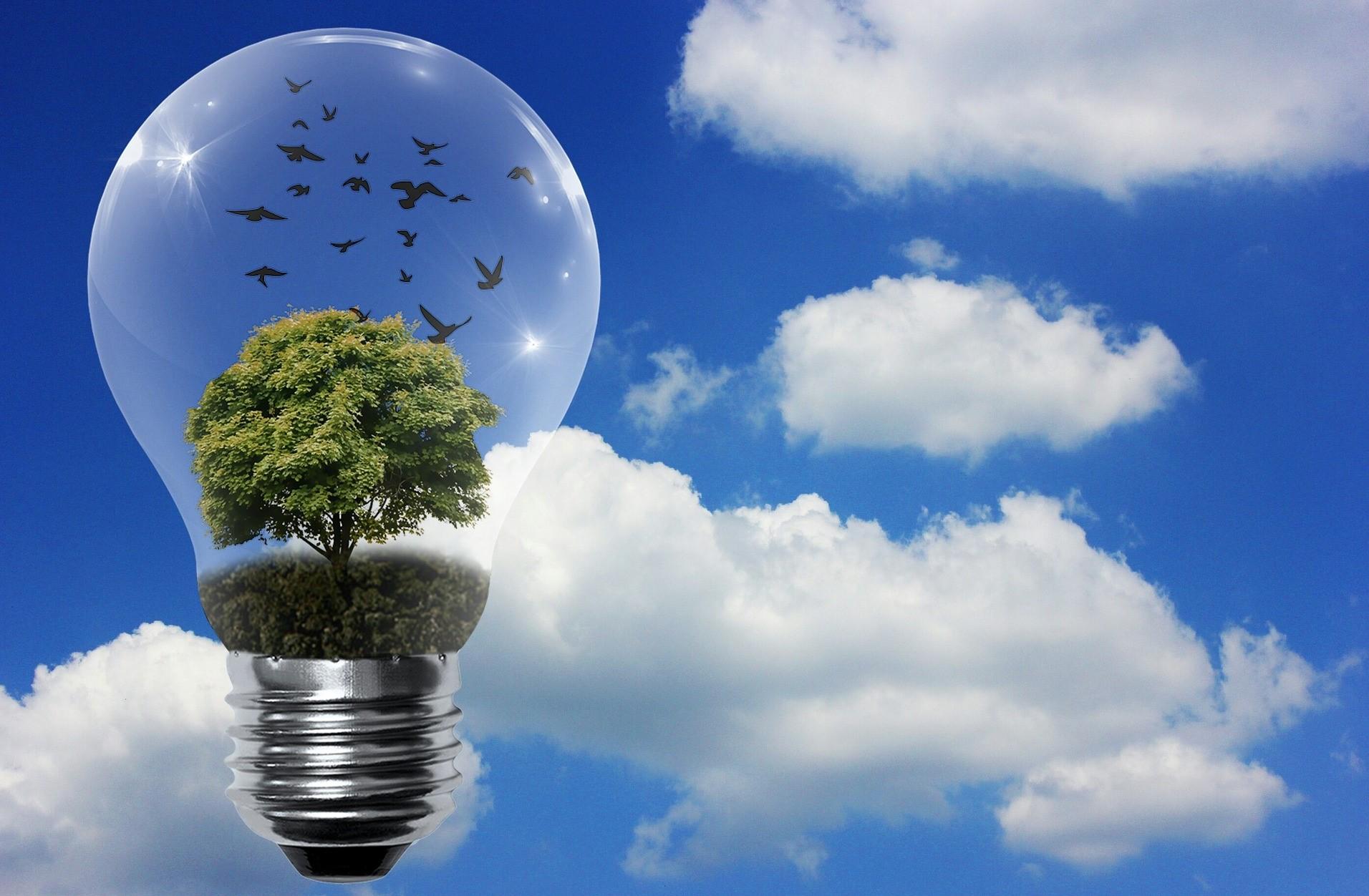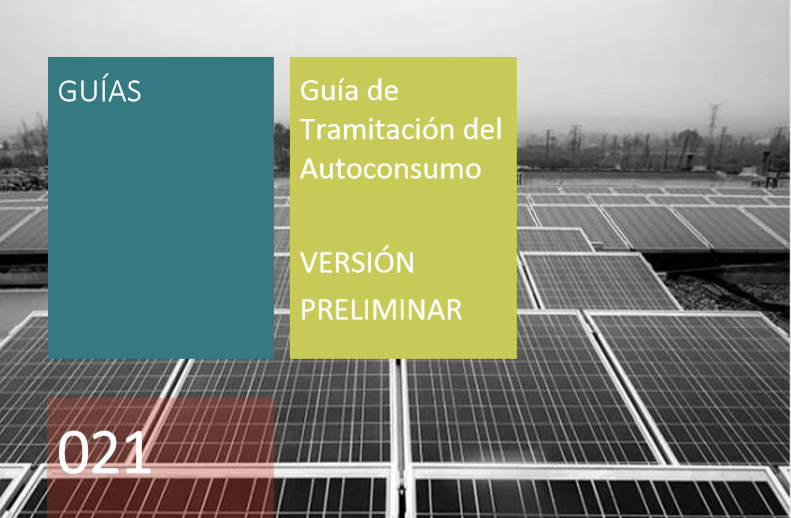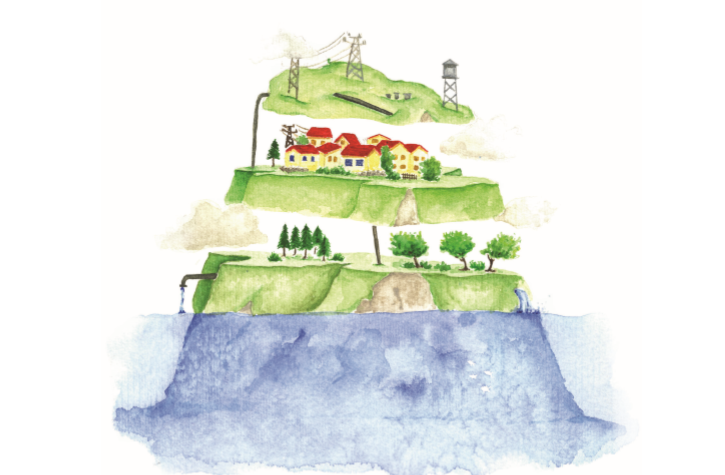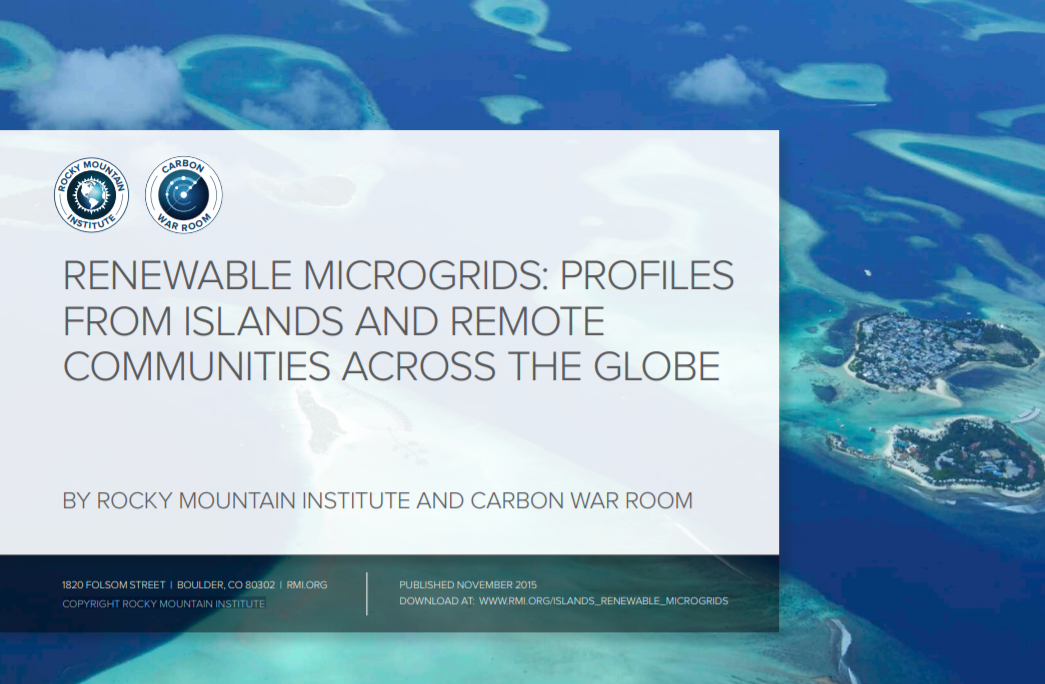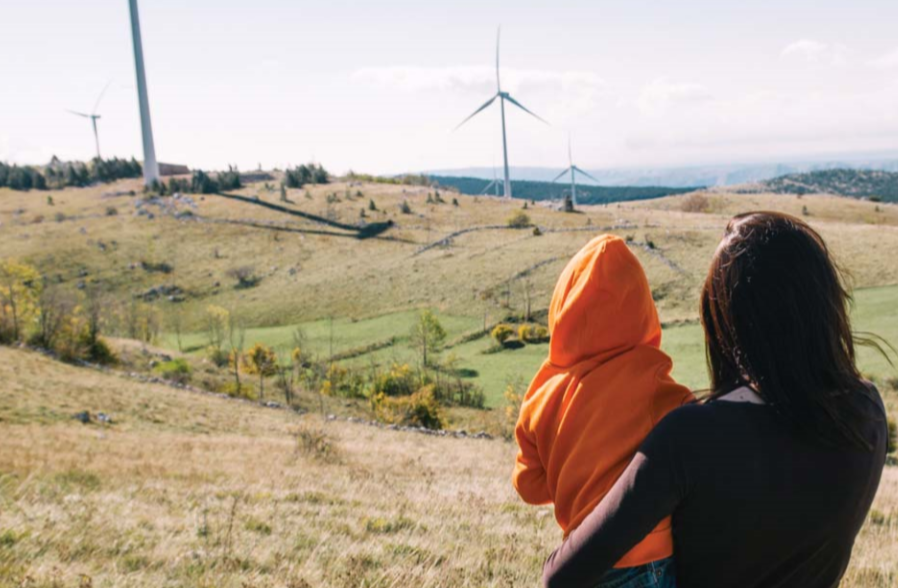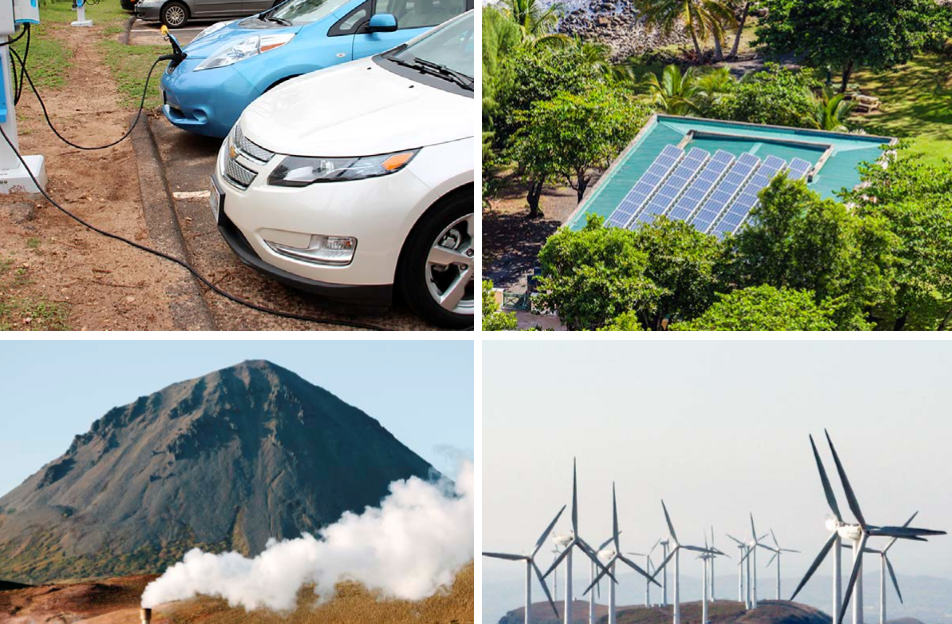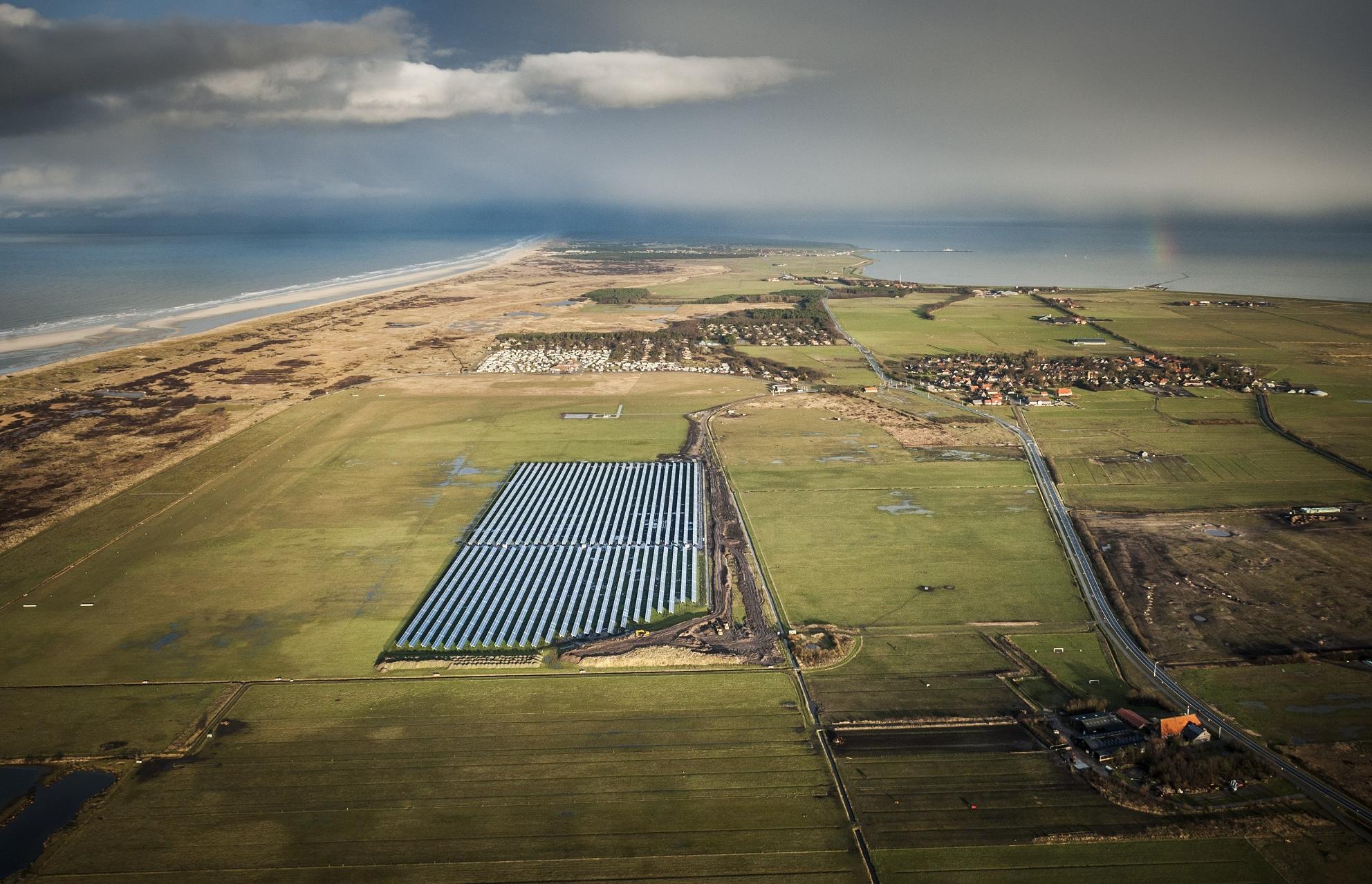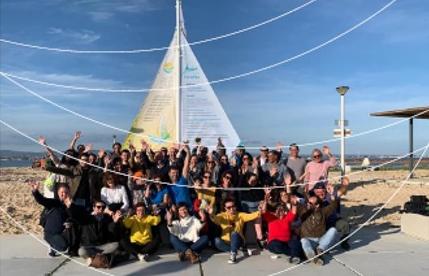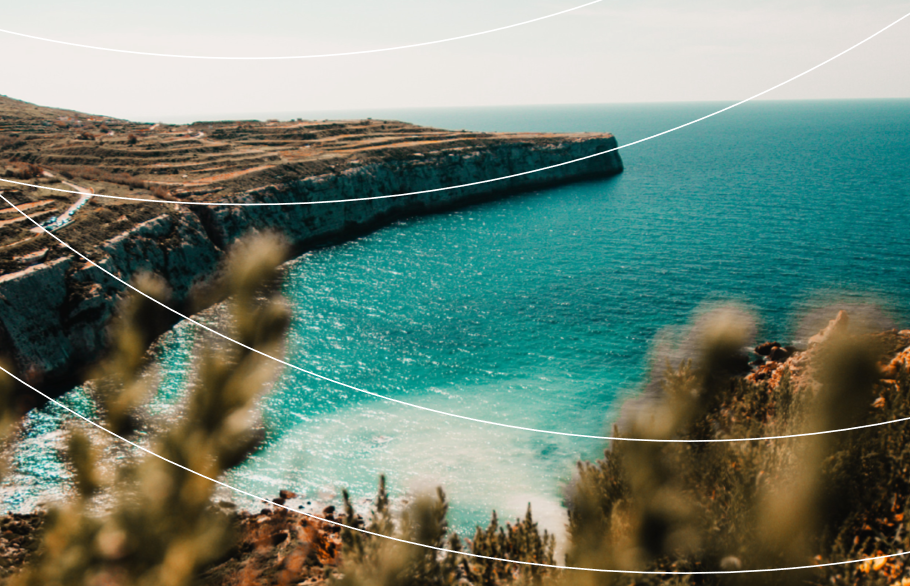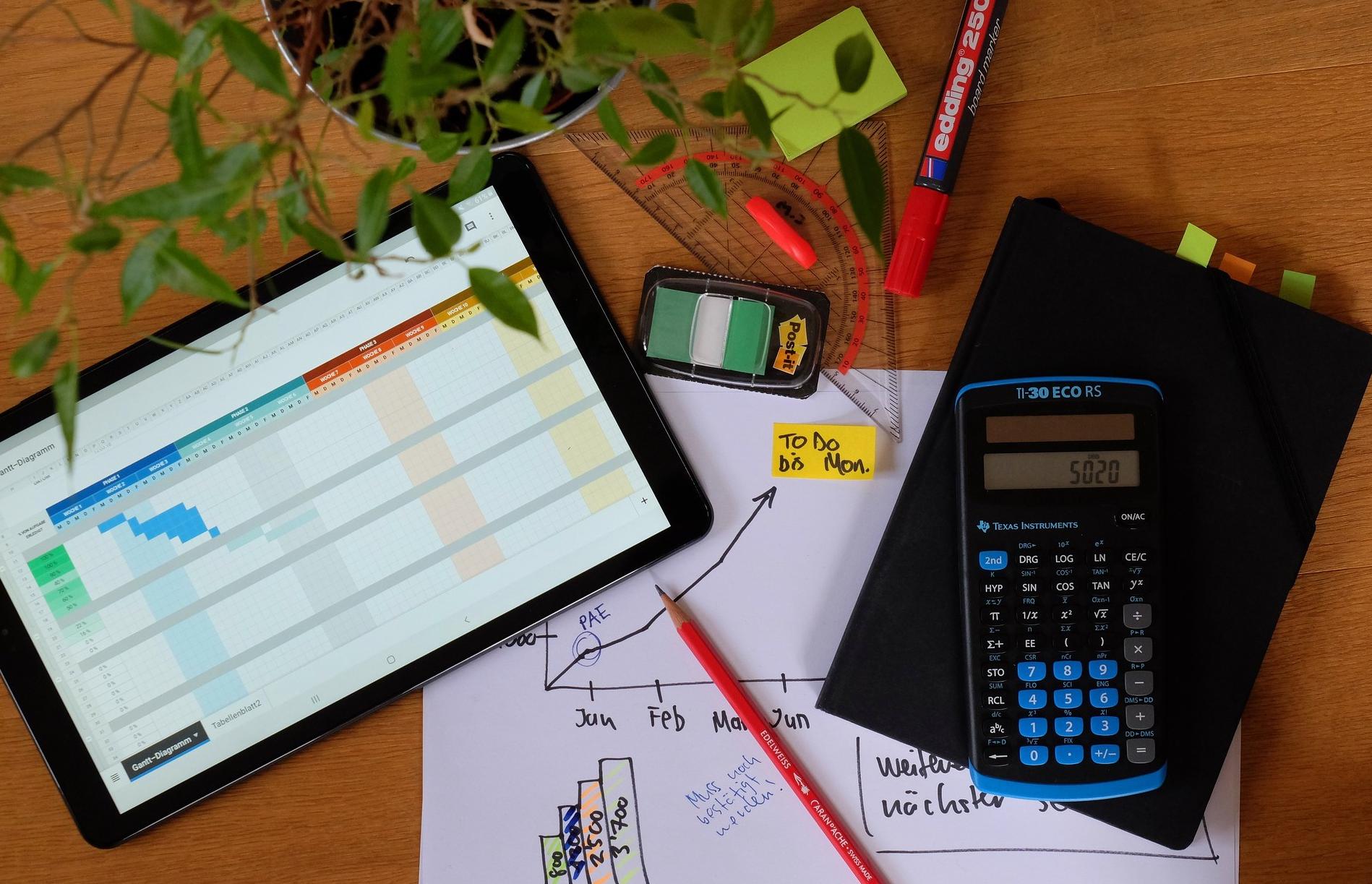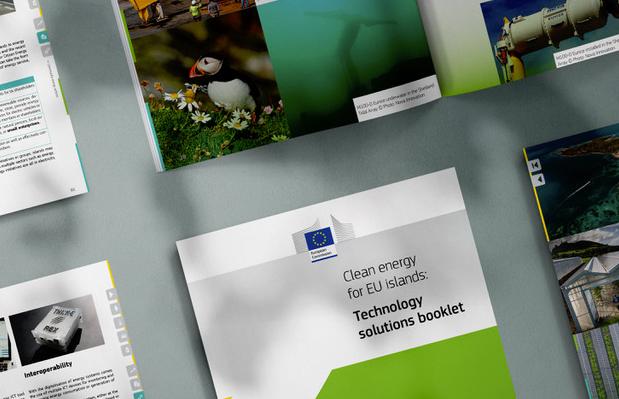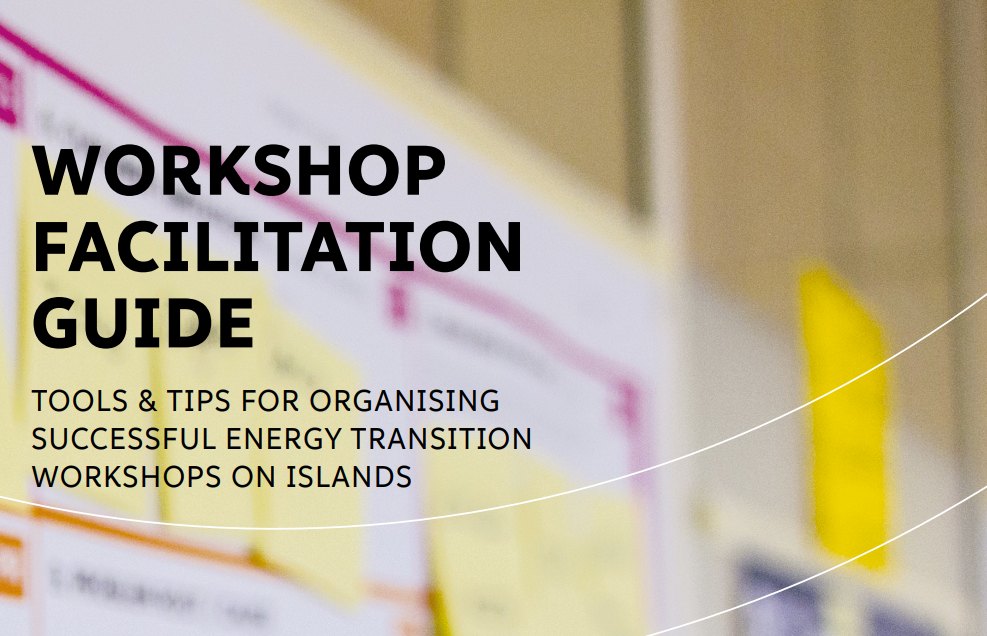The library of the Clean energy for EU islands secretariat contains documents to guide islands in the development of clean energy transition agendas, sample energy transition agendas from the pilot islands, documents relating to the financing of decarbonisation plans, as well as island-related news.
Library
Key documents
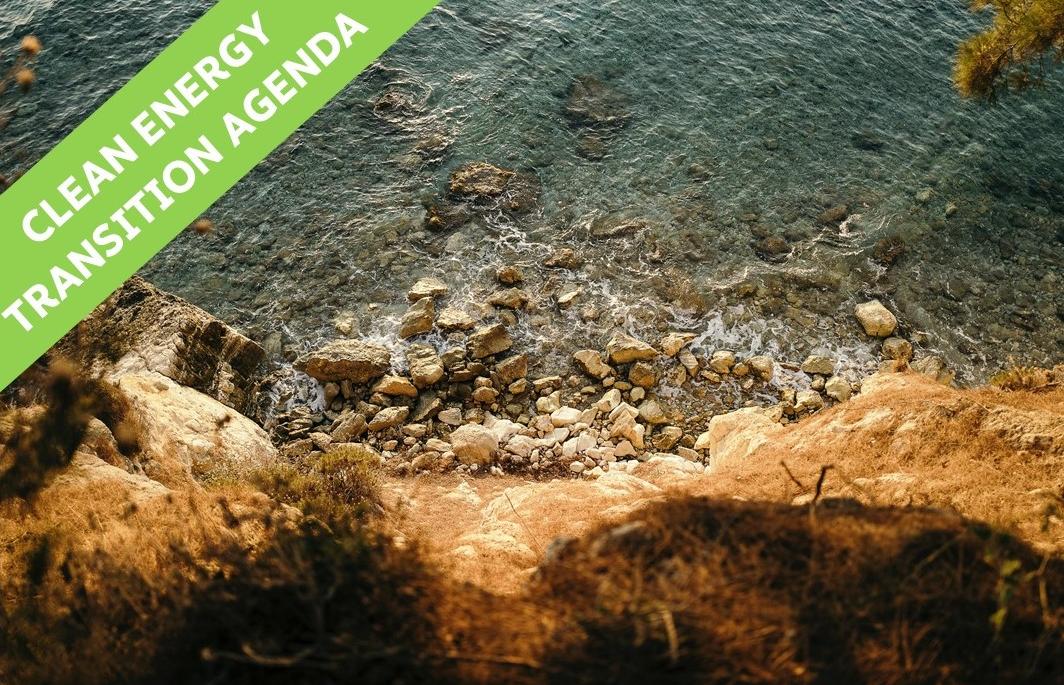
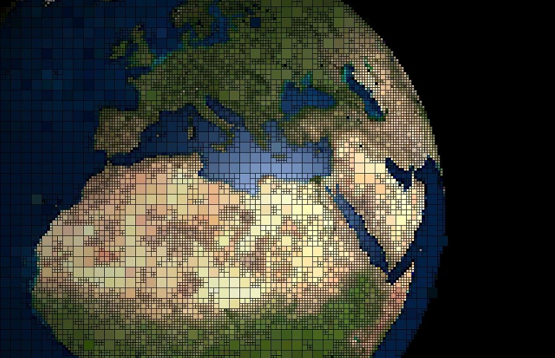
Thanks to the national partners of the Clean Energy for EU Islands Secretariat, islands can now learn about the island-related policies in their country and other EU countries in one place.
The information compiled in this document involves 9 policy briefs provided by some of the supporting organisations in the EU-wide island community. These organisations share a broader focus than one island and have provided a ‘state of play’ for having an enabling and encouraging environment for the clean energy transition on islands.
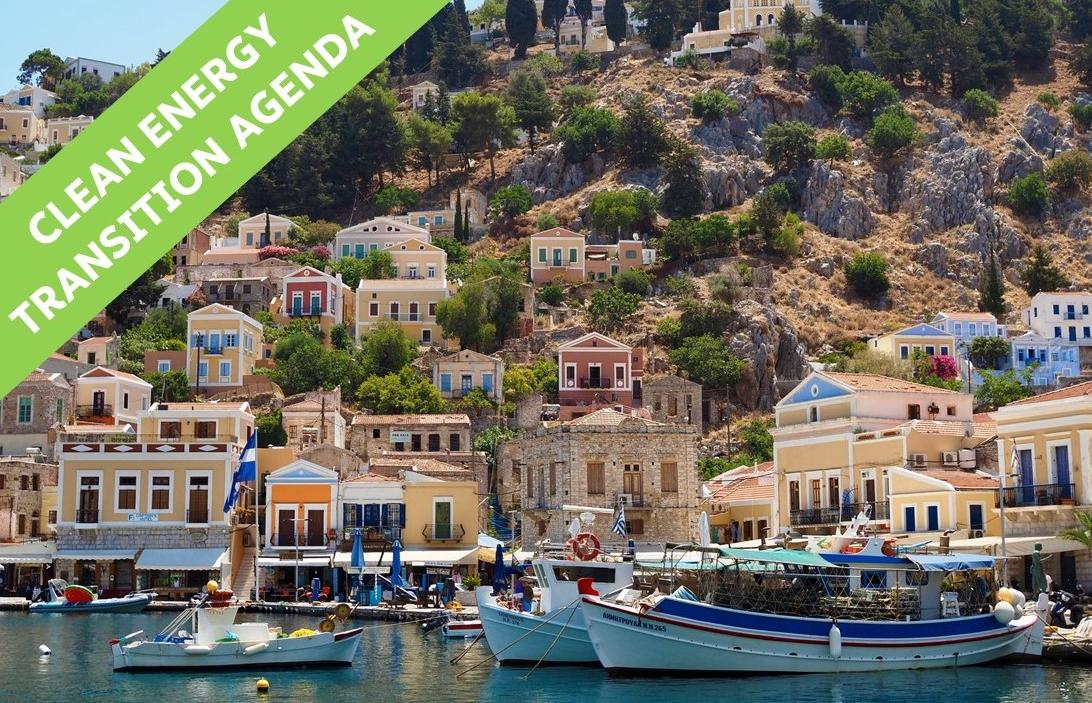
The Greek islands of Kasos and Symi developed transition agendas in which they aim for energy independence and active citizen participation while ensuring safe, sufficient and affordable energy access.
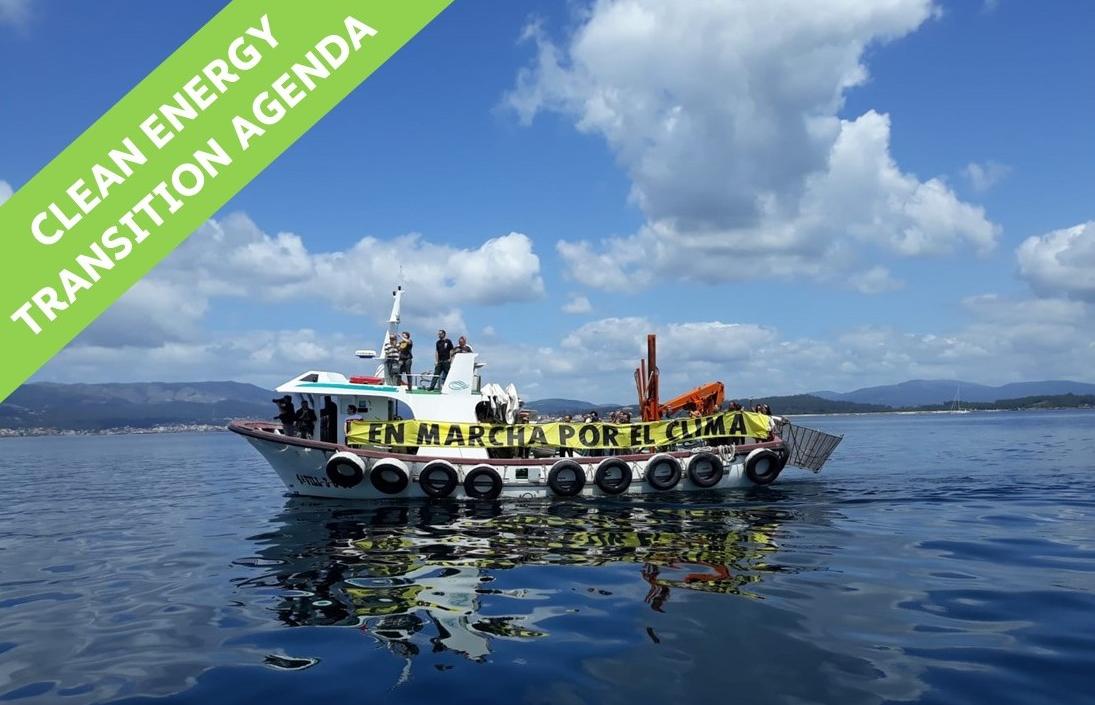
A Illa de Arousa considers it a priority to promote a cleaner and more sustainable energy model from which the island’s future generations will be able to benefit. Their transition agenda describes actions in different spaces, times, and with multiple actors, with the goal of preserving the environment and improving the quality of life of people.
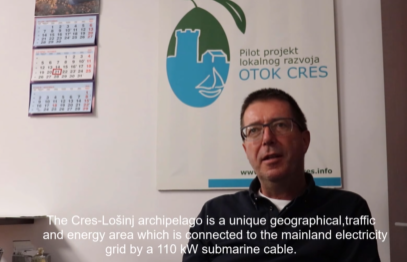
The video “Energy transition of the Cres-Lošinj Archipelago” consists of a series of statements made by representatives of several stakeholders involved in the energy transition in the archipelago.
Less than two years ago, the Island Development Agency managed to mobilise and bring together stakeholders from the public, private, civil and academic sectors around the common idea of elaborating a joint Agenda of the energy transition. You can learn about different initiatives that have being carried out on the archipelago.
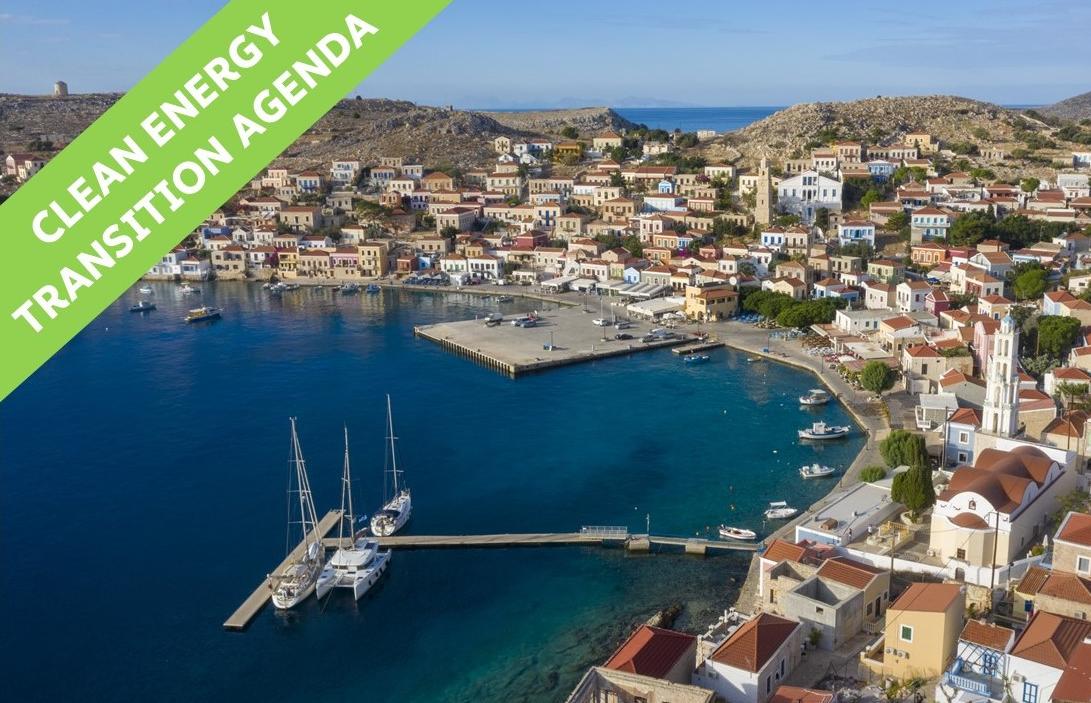
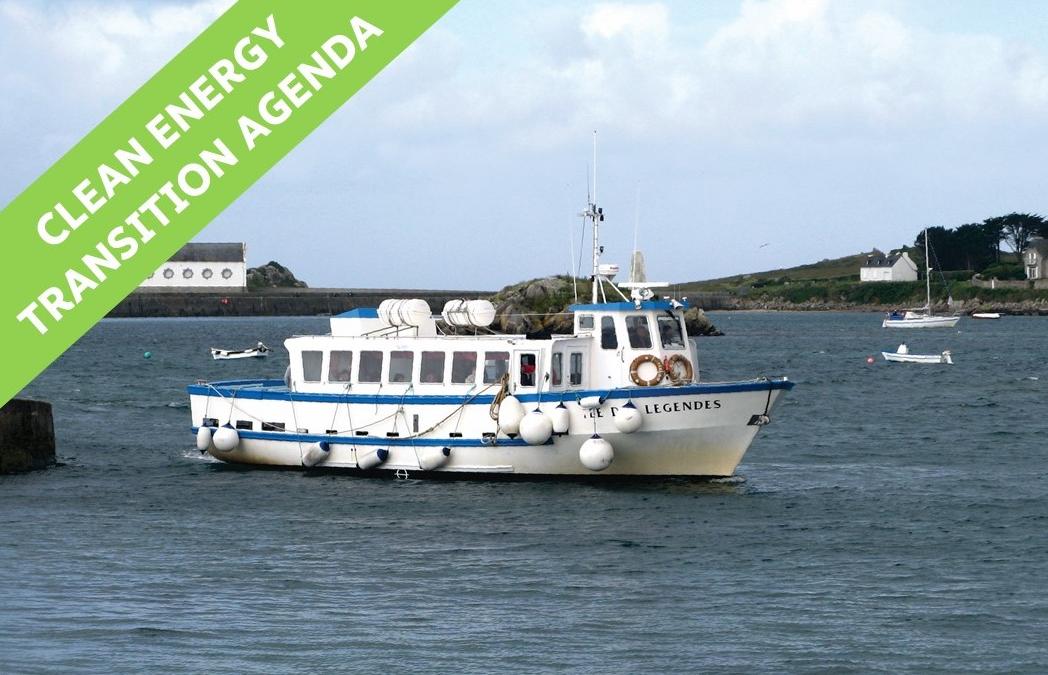
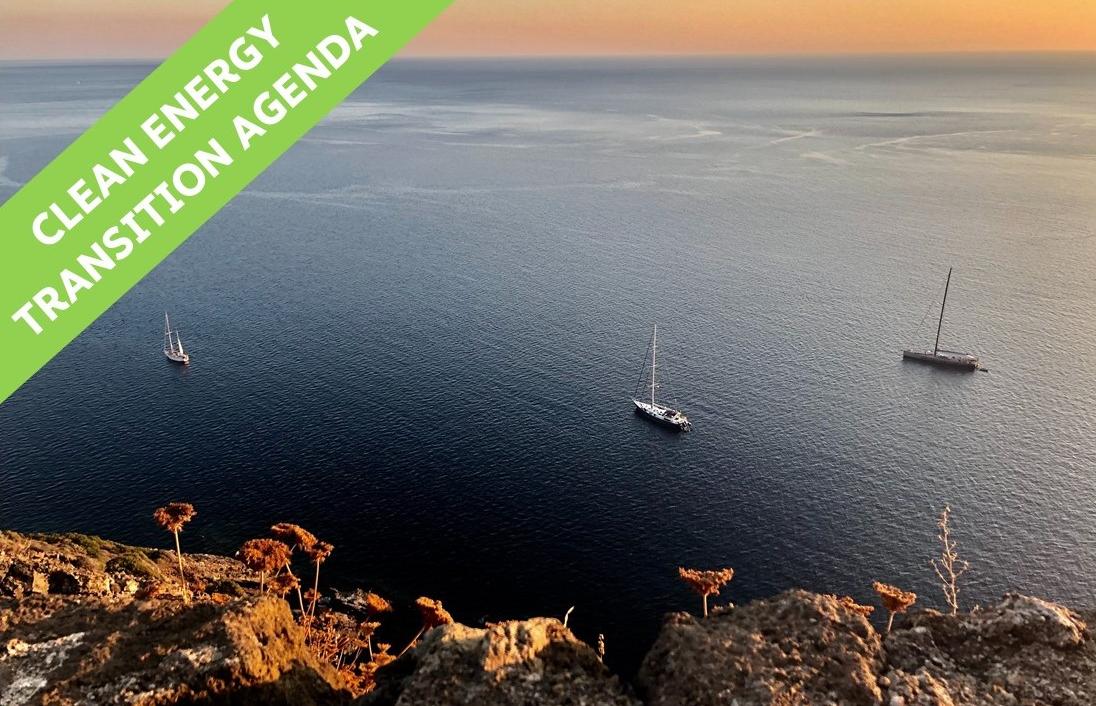
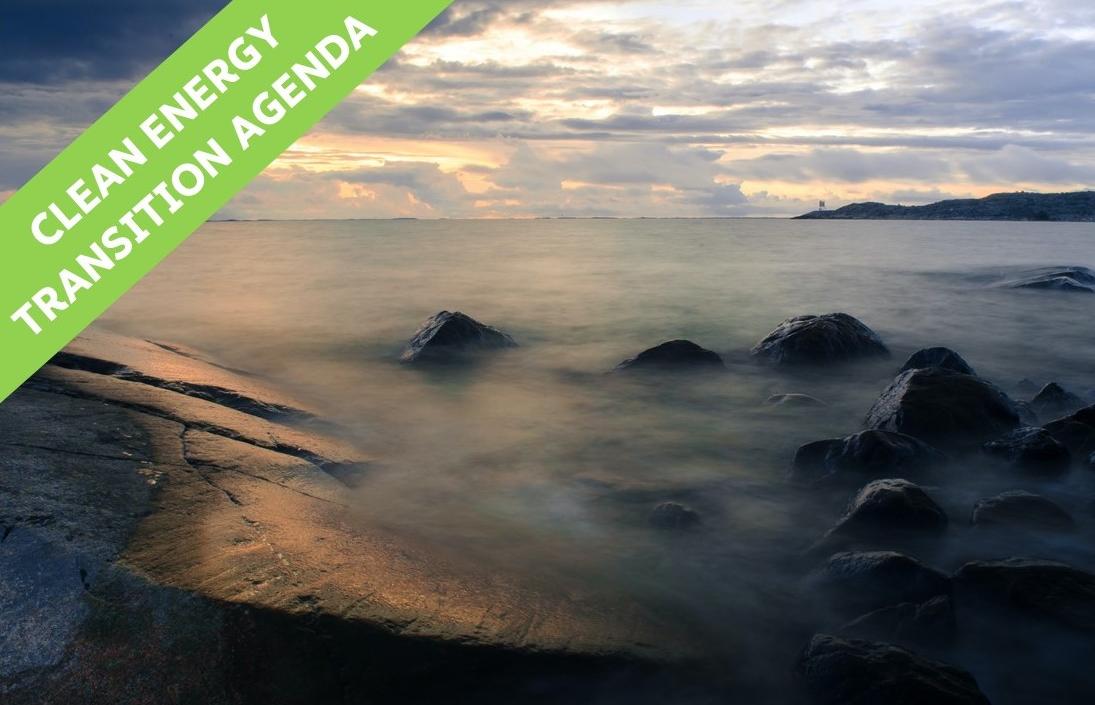
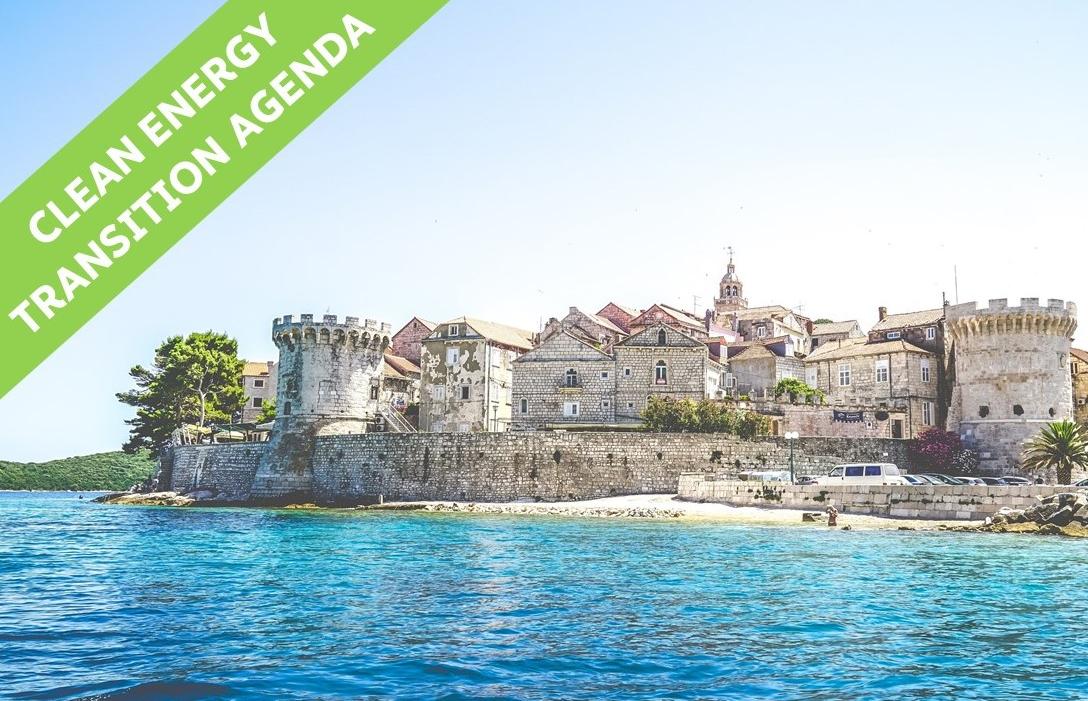
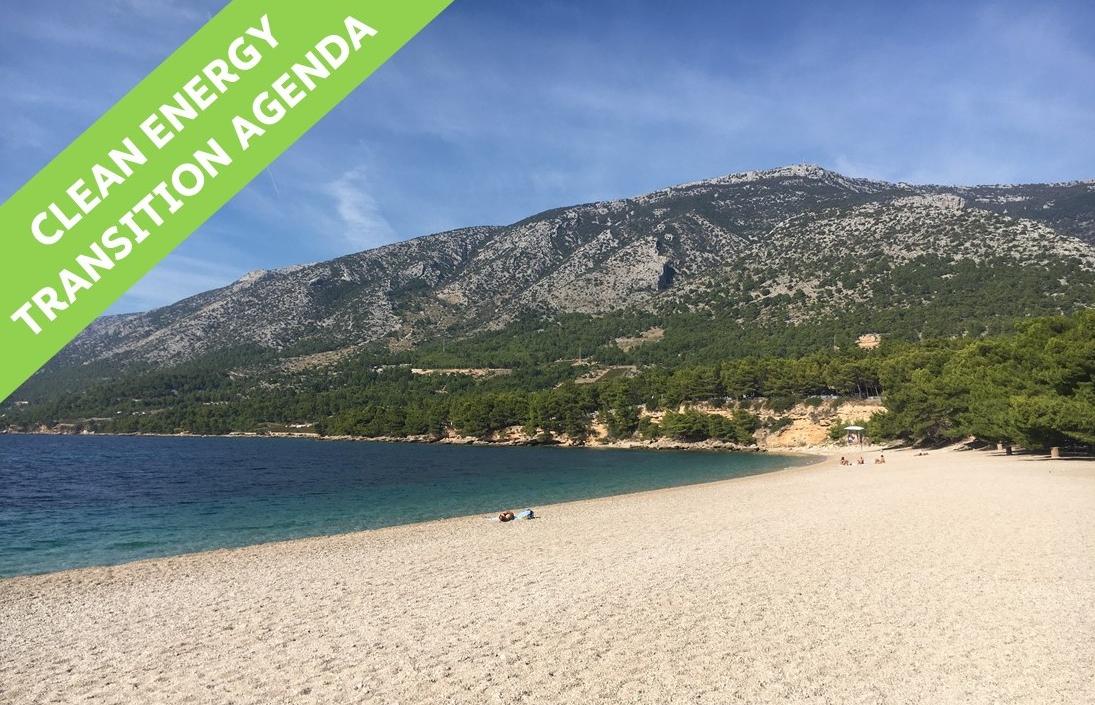
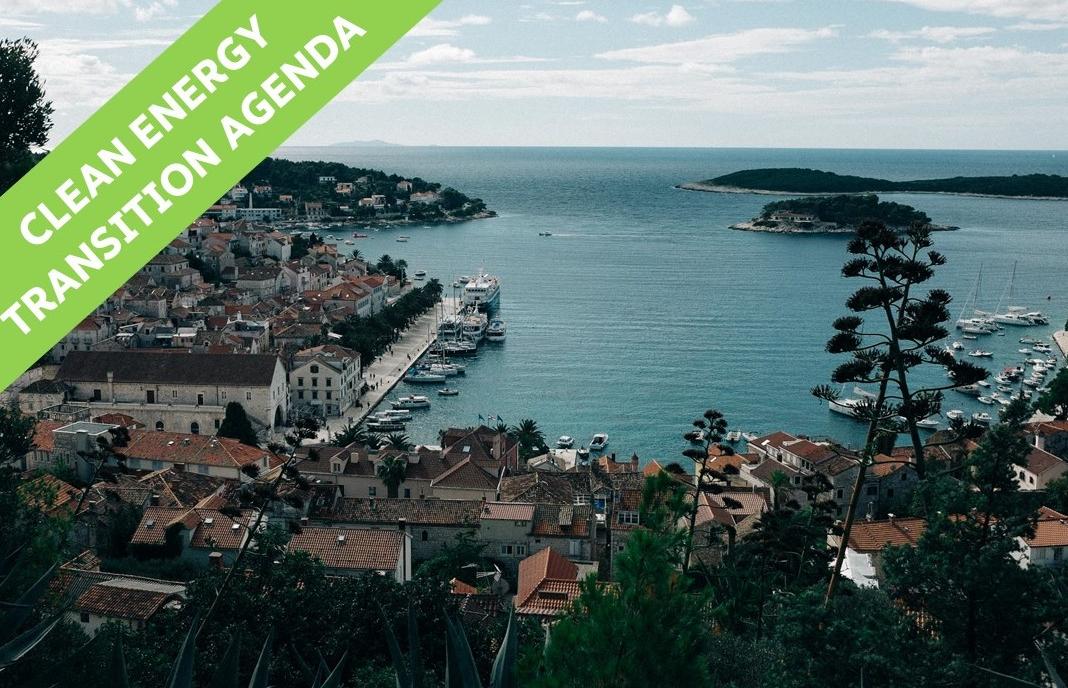
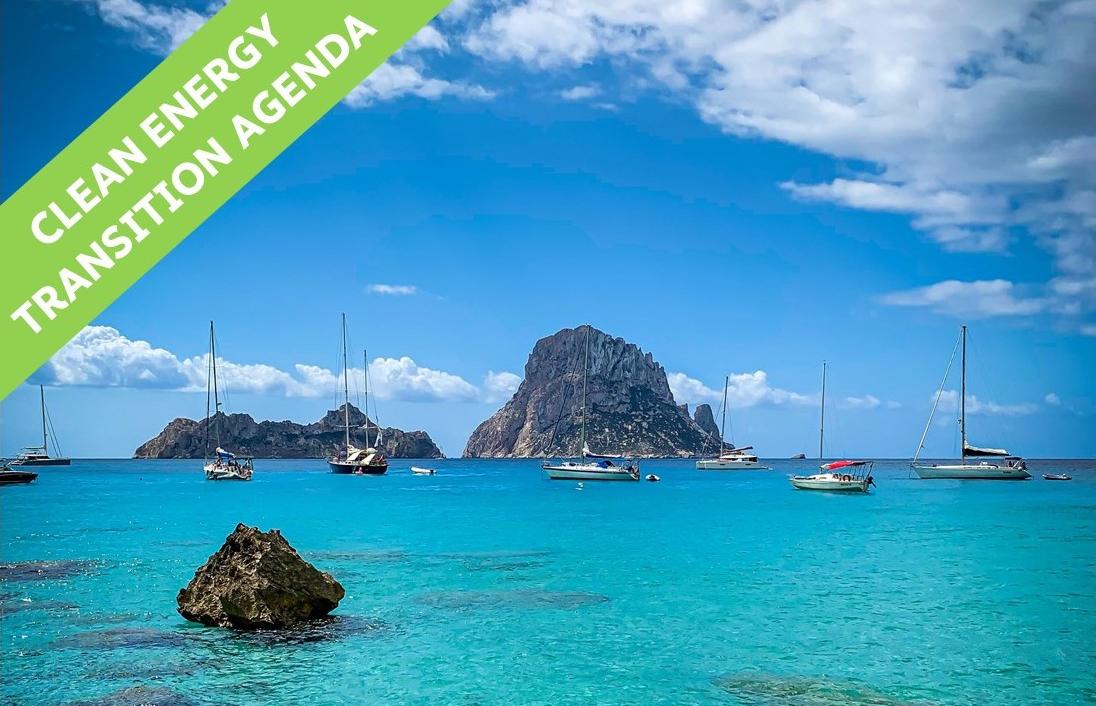
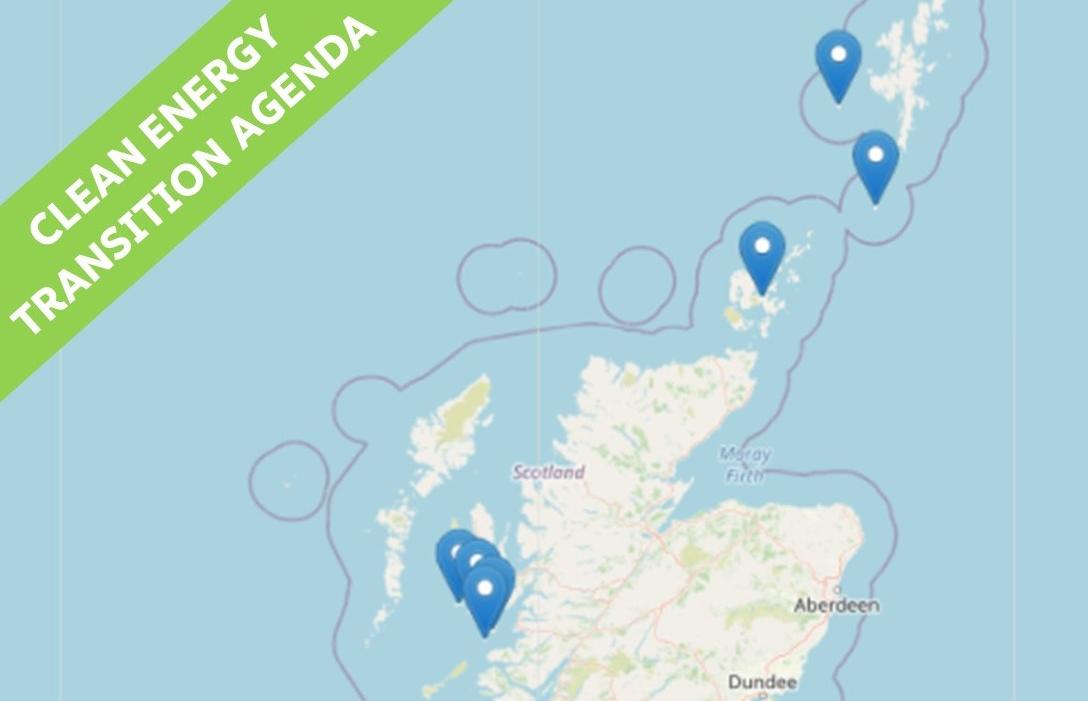
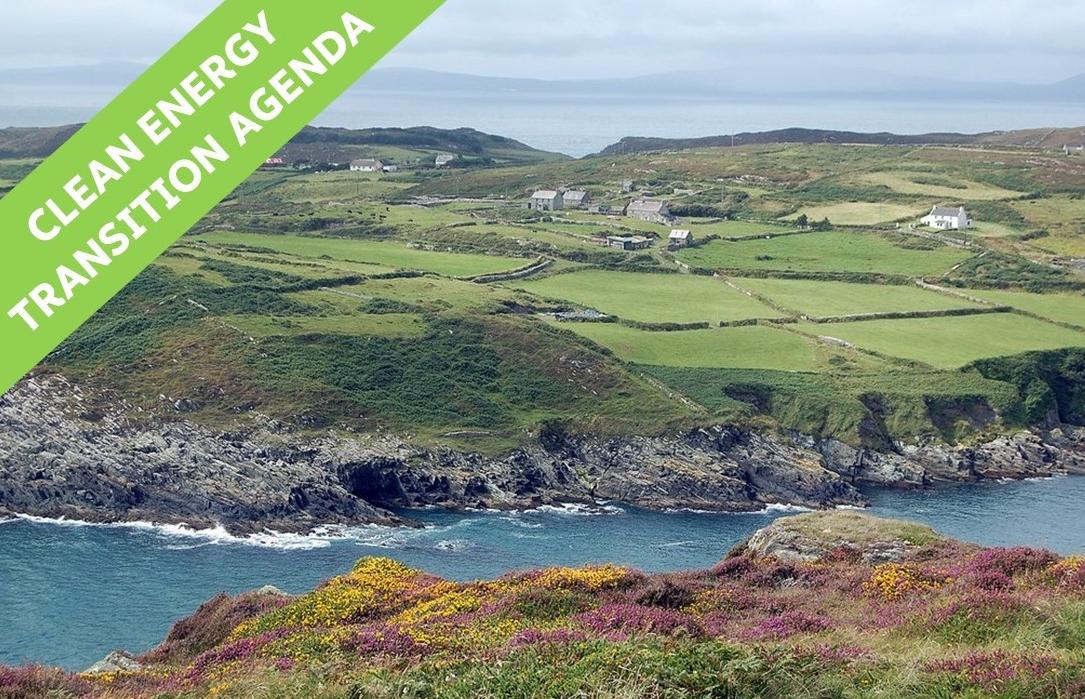
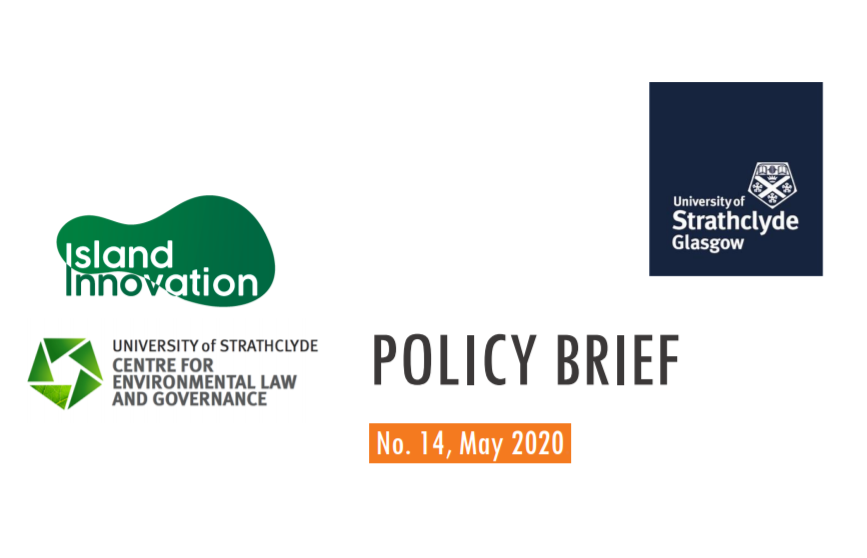
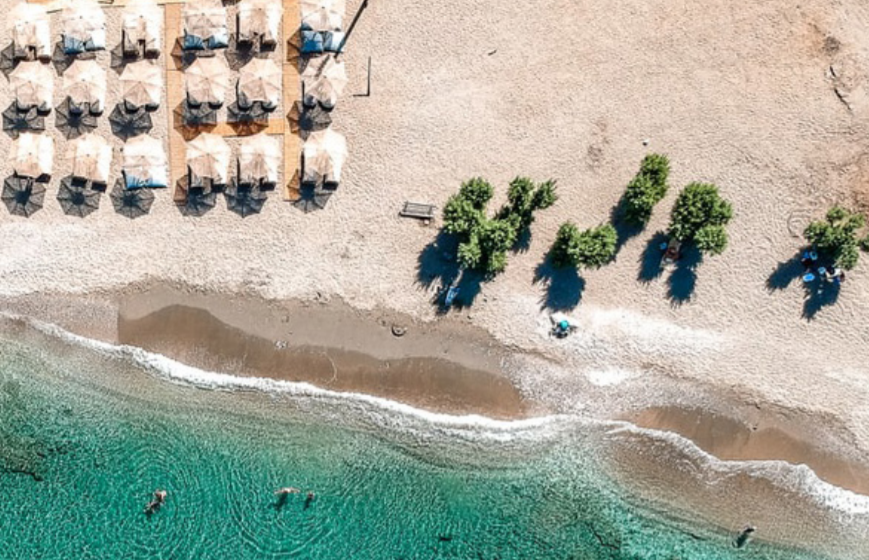

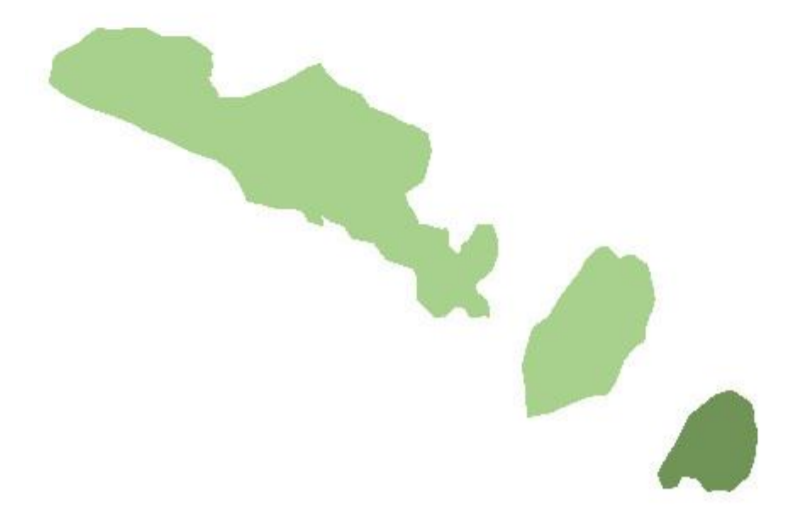

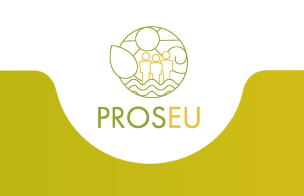


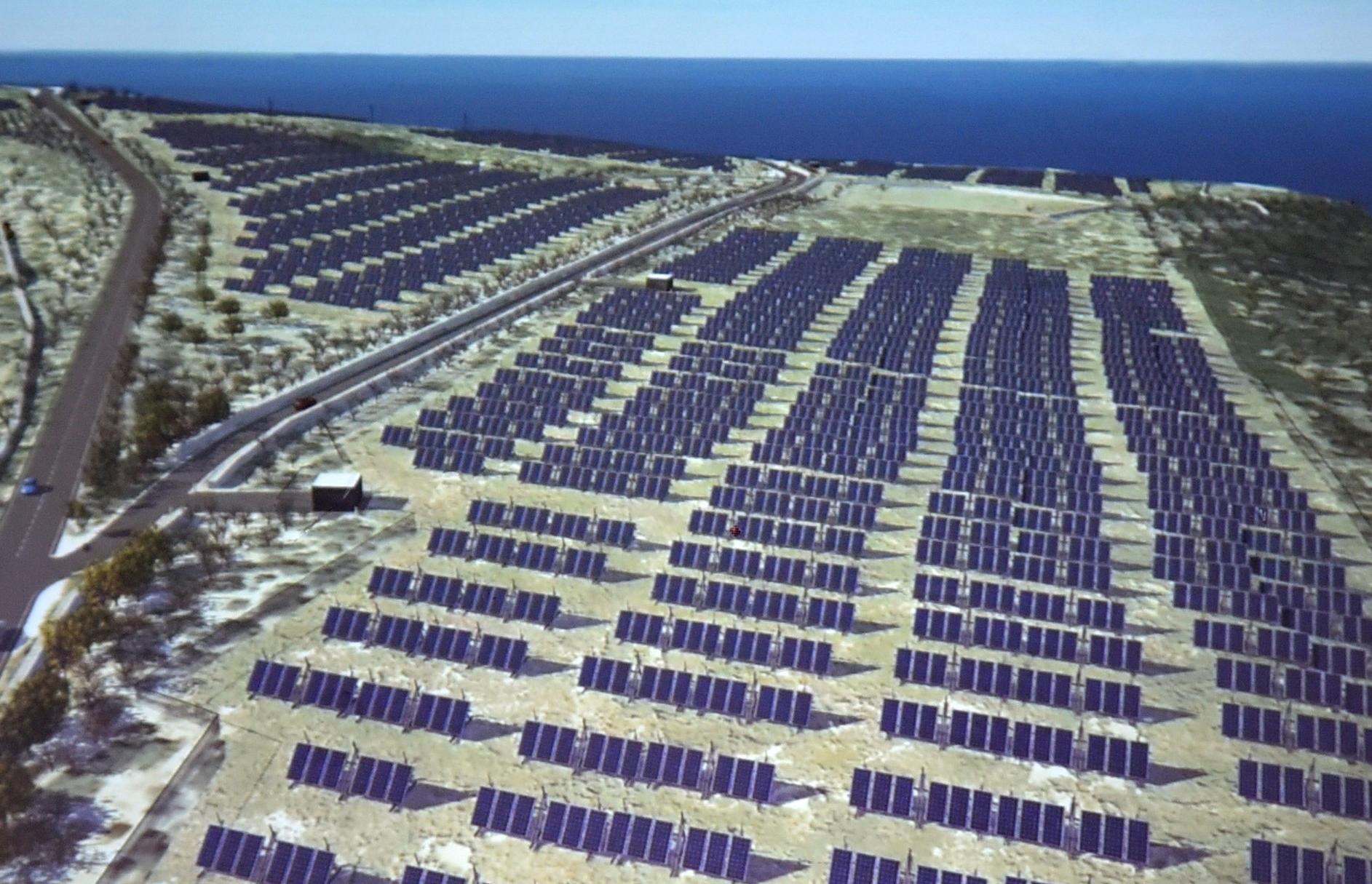

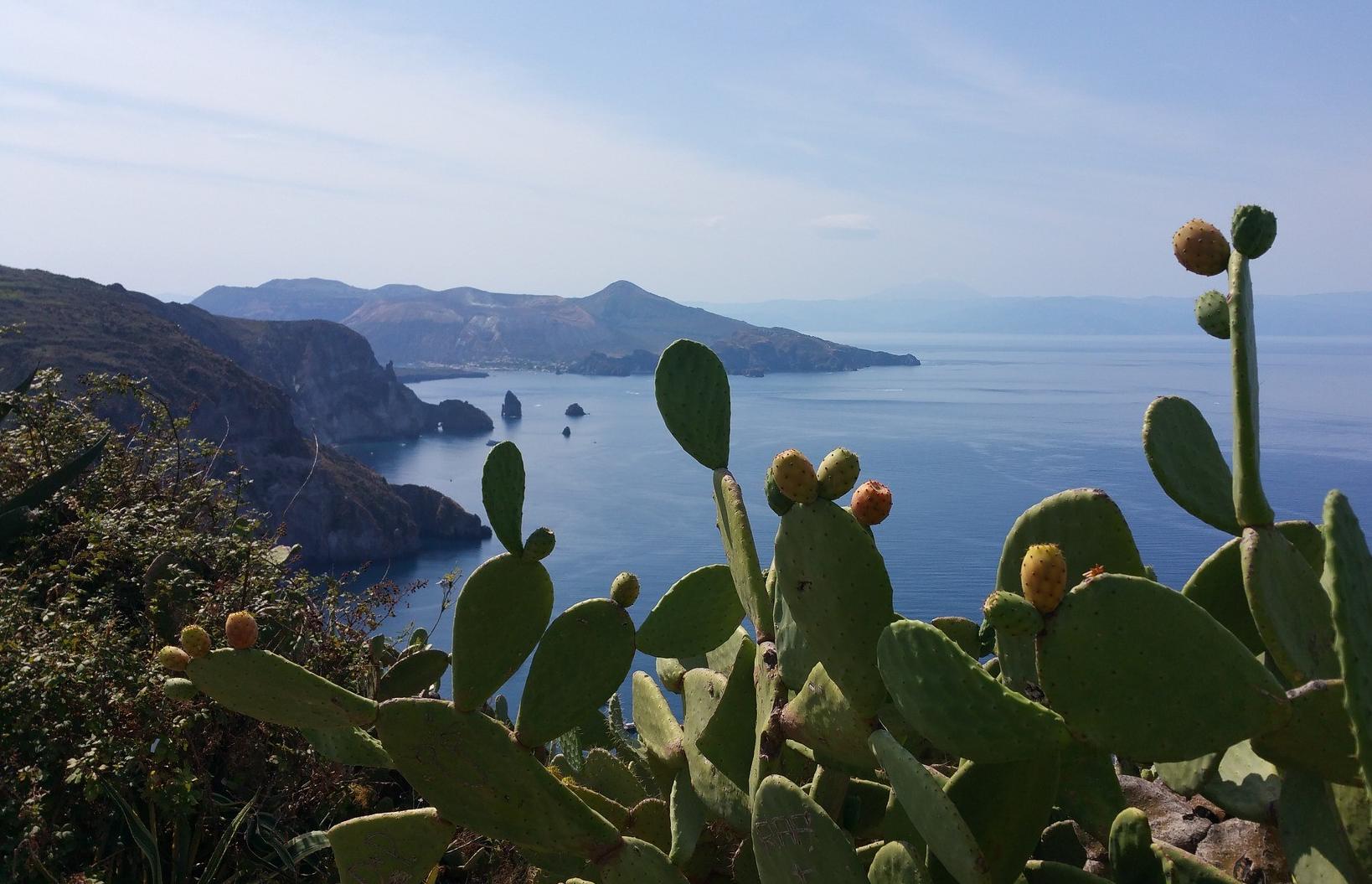
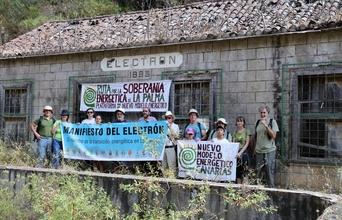
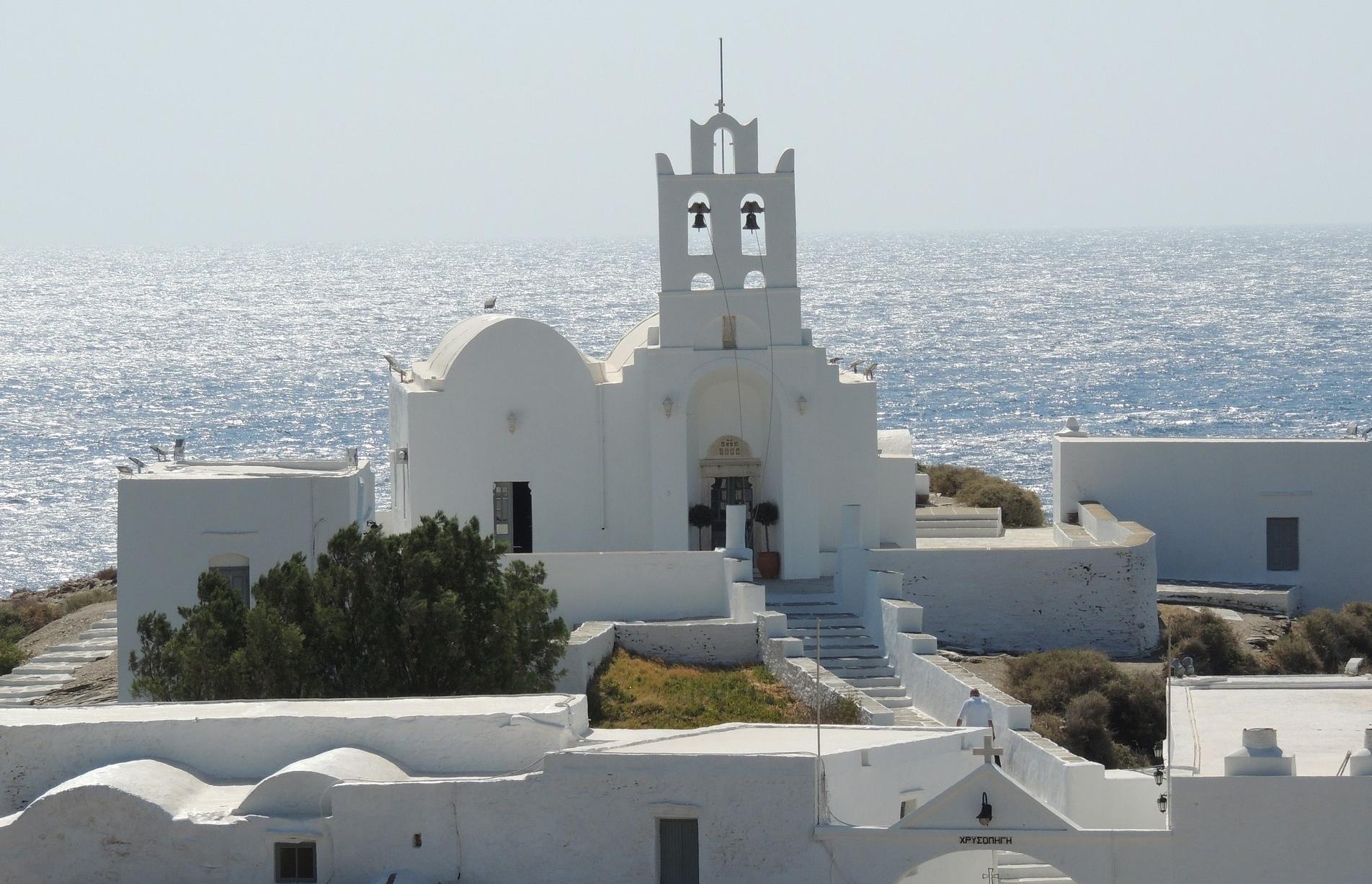
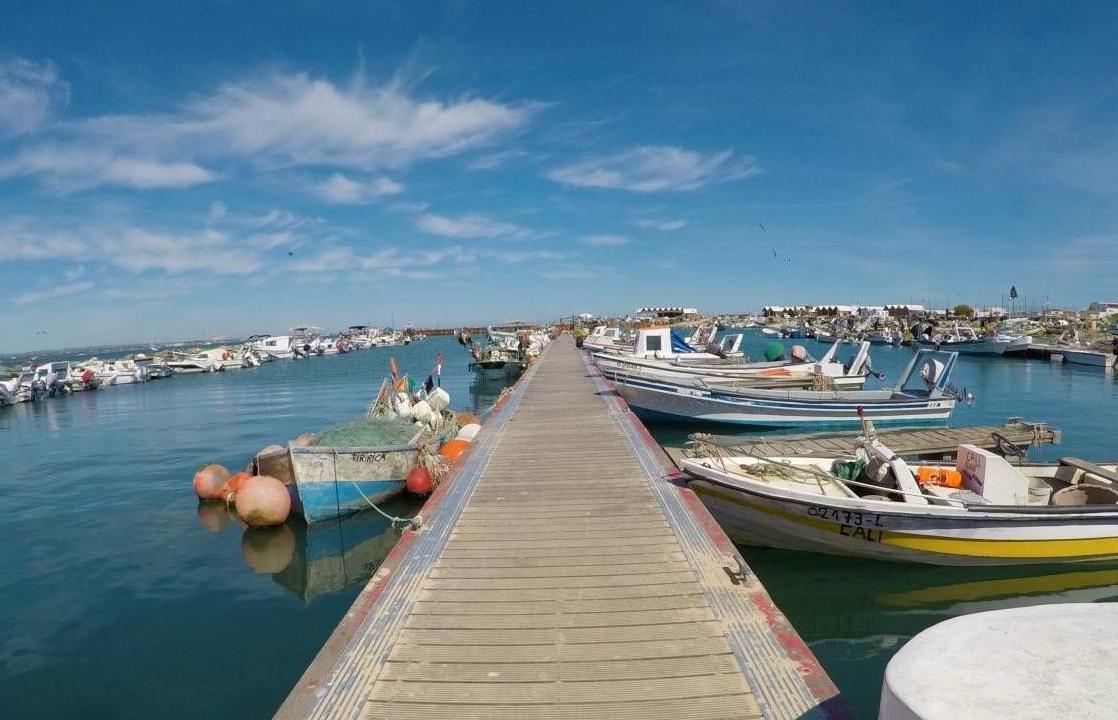
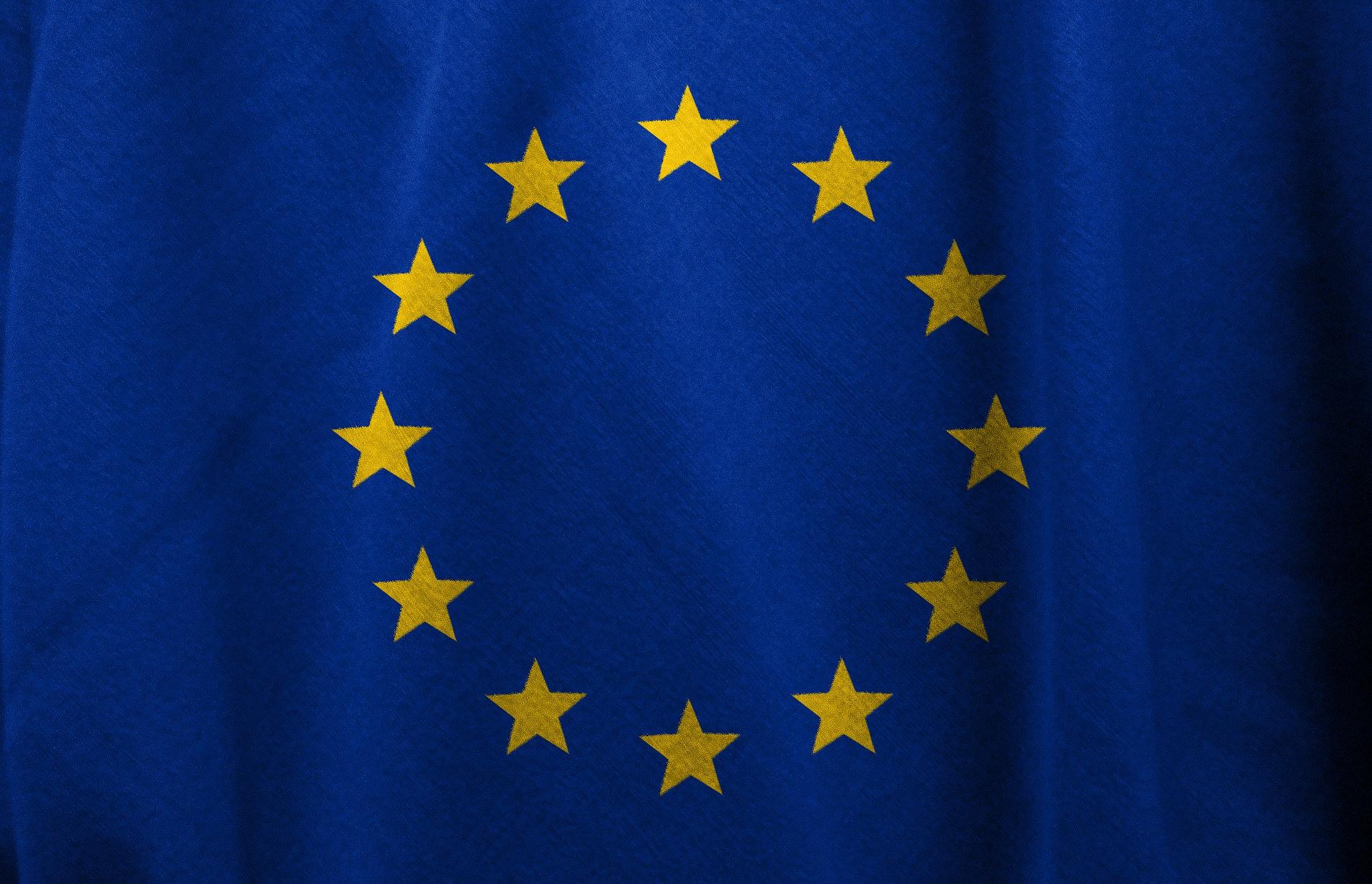
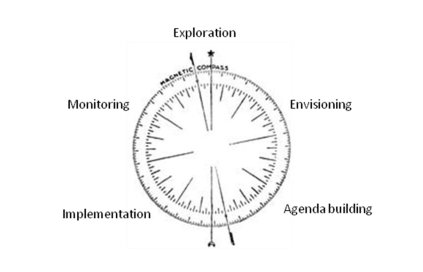

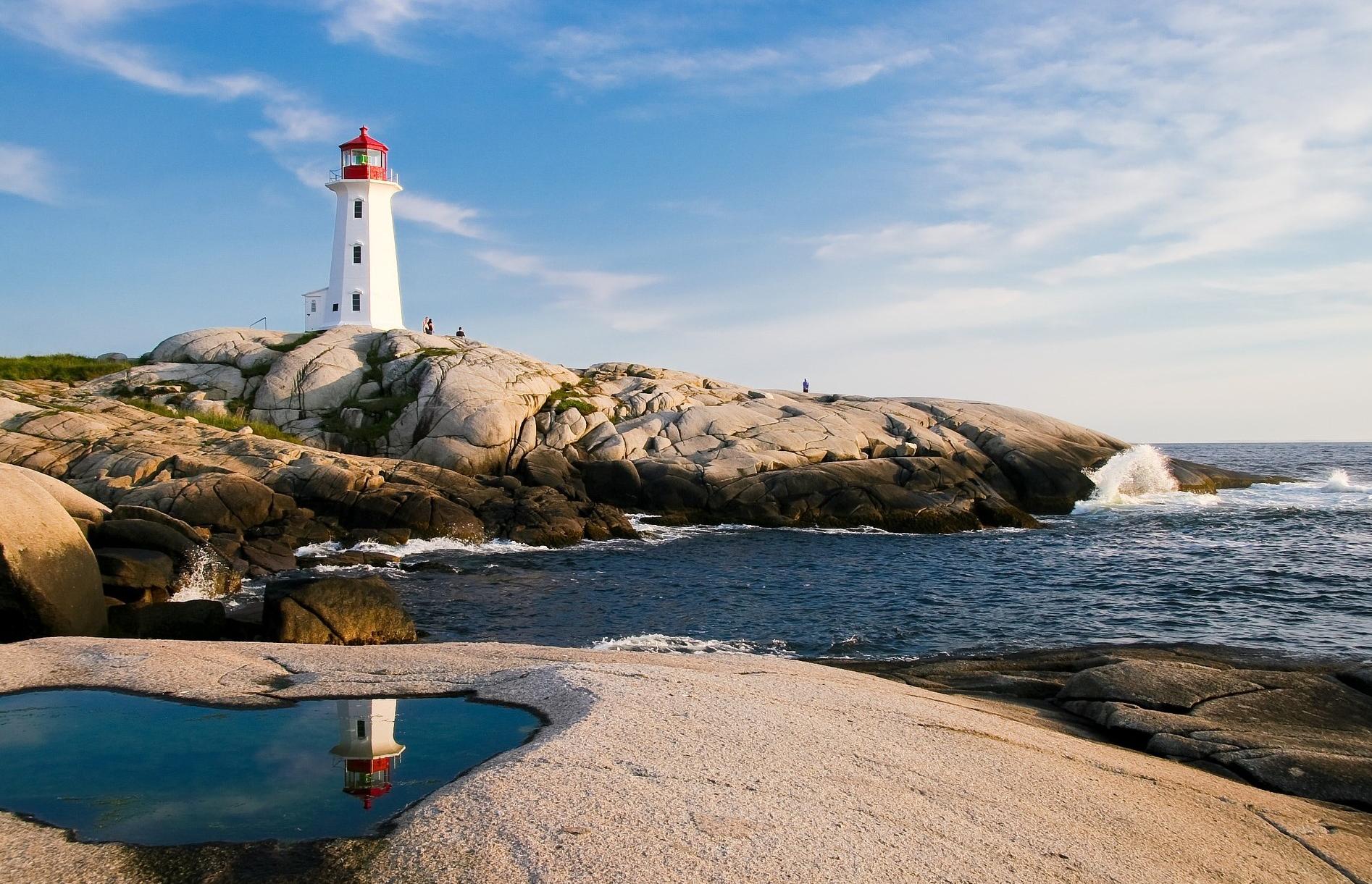
The Island Clean Energy Transition Agenda is a strategic roadmap for the transition process towards clean energy as desired by the stakeholders on the island. The proposed methodology is based on best practices and lessons learnt from transition management experiences in Europe to address climate change at a local level.

Τhe publishing of the “Building Energy Communities in Greece” guidebook coincides with a time when the community energy movement in Greece appears to be on the rise, especially after the adoption of Law 4513, in January 2018.
